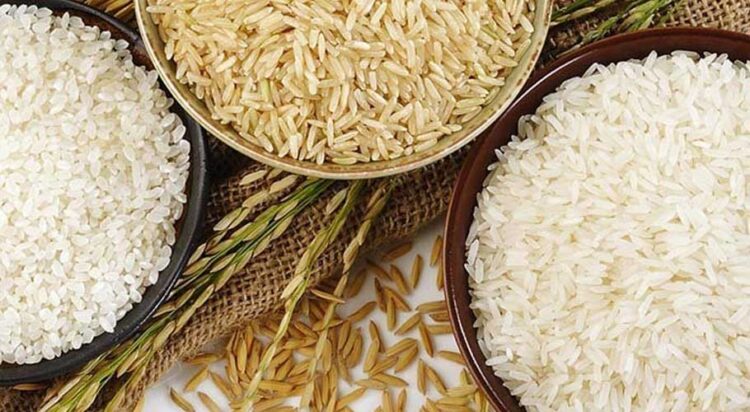A new research has raised serious concerns about how climate change may significantly increase arsenic levels in rice by 2050, particularly impacting populations in Asia where rice is a dietary staple.
The study by the researchers from Columbia University United States has published in The Lancet Planetary Health journal and it has found that rising global temperatures—especially above 2 degrees Celsius—and increasing carbon dioxide (CO2) concentrations are likely altering soil chemistry. These changes appear to enhance arsenic uptake by rice plants, thereby amplifying human exposure to the toxic element.
“Arsenic is already a known contaminant in many rice-growing regions, particularly in South and Southeast Asia. With climate change intensifying, the ability of rice plants to absorb more arsenic could heighten health risks dramatically,” said Lewis Ziska, associate professor of environmental health sciences at Columbia University and lead author of the study.
Arsenic enters rice primarily through contaminated soil and groundwater used for irrigation. However, Ziska explained that as atmospheric CO2 levels rise, rice plants may change their physiology in a way that increases arsenic accumulation in the grains. Cooking rice with arsenic-laden water can further compound the exposure.
“We found that temperature and CO2 act synergistically to increase arsenic concentrations in rice, compounding dietary arsenic exposures for rice consumers and leading to projected cancer cases in the tens of millions among populations of Asian countries in 2050,” the study noted.
The 10-year research project examined 28 rice strains in field conditions. The researchers then used predictive modelling to estimate inorganic arsenic exposure and related health risks in seven Asian nations—India, China, Bangladesh, Vietnam, Indonesia, Myanmar, and the Philippines.
Their findings are alarming: By 2050, millions of new cancer cases, particularly of the lung and bladder, could be directly linked to increased arsenic in rice. China alone could face an estimated 13.4 million arsenic-related cancer cases by mid-century. Other health risks include heightened incidences of cardiovascular disease, diabetes, immune dysfunction, and developmental problems.
“As rice is a dietary staple in many parts of the world, these changes could lead to a substantial rise in the global burden of cancer, cardiovascular diseases, and other arsenic-related health issues,” added Ziska.




































